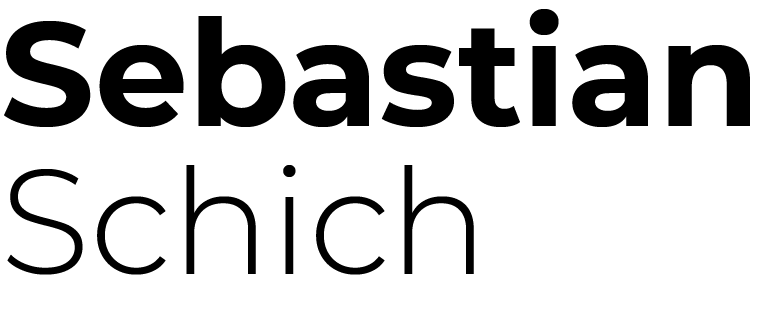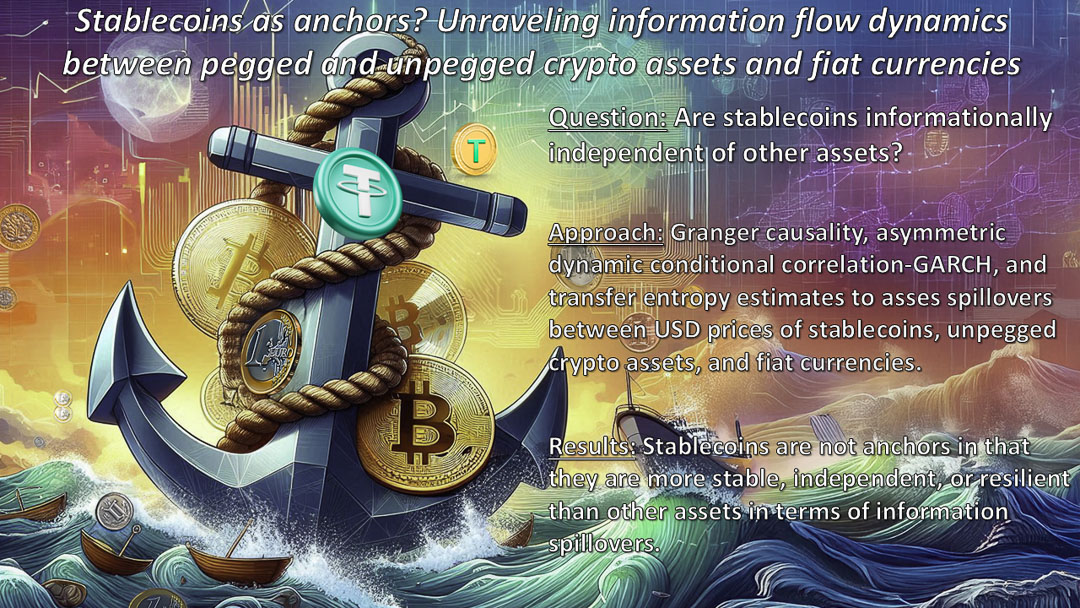Embracing individual morality in generative artificial intelligence
The release of ChatGPT by OpenAI in late 2022 may well have been a tipping point for artificial intelligence. Since then, generative artificial intelligence (GenAI) models have moved beyond generating text and now produce images, sound and video.
GenAI can produce seemingly coherent but false assertions. Moreover, it is known to have a specific political orientation and bias. For example, Google’s Gemini exhibited such an egregious racial bias when generating images that the company decided to shut off that functionality in early 2024. The OECD recommends that governments “support an environment for artificial intelligence research and development that is free of inappropriate bias”.
What is an “inappropriate bias”? This question is the heart of the so-called alignment problem. Ensuring that models capture human norms and values — and thus better understand what we intend when “prompting” them — is a central question in GenAI research. The present blog argues however that attempts to develop a single set of appropriate human norms and values are not desirable.
Louis Antoine, the healer
The works of Louis Joseph Antoine le Guérisseur, a spiritual healer, provide a stimulating perspective on the alignment question. Antoine was born on 7 June 1846 in Mons-Crotteux in Belgium. He began working in coal mines at the age of 12 and later became a steelworker. After completing his military service at the age of 20, he accidentally killed a comrade. Having married in 1873, he lost his son in 1893. His personal experiences led him to question Catholicism and, in 1896, he published a book outlining his spiritual beliefs. His teachings consist of a unique blend of Catholicism with the belief in reincarnation and the forces of esoteric healing. He also gained recognition as a healer.
In 1906, he and his wife Catherine founded a cult based on his teachings, with the first temple for worship consecrated in Belgium in 1910. After Louis Antoine’s death in 1912, his wife Catherine continued his work. After Catherine’s death in 1940, no further temples were built in Belgium after 1968 and in France after 1993. While the current number of active followers is not known, the number of temples and fiscal records suggest that the spread of the cult has peaked. Currently, there are approximately 60 temples in Belgium and France in which worship is celebrated.
At the core of the Antoinist belief system is the concept of duality within individuals, and an emphasis on the importance of transcending materiality to achieve consciousness and overcome suffering. Spiritual growth can be achieved through a process of moral evolution that involves the harnessing of spiritual energies, facilitated by silent prayer. This process involves living in harmony with the fundamental laws that govern the cosmos. An individual needs to understand, balance and integrate opposing forces into its own spiritual journey, to restore balance disrupted by disease and perceived enemies. The aim is to transform intelligence into consciousness.
Subjectivity of moral principles
It is easy to dismiss the teachings of Antoine as some form of obscure esotericism, but its implications regarding the alignment question are consistent with Kantian moral principles. Immanuel Kant developed moral principles in the 18th century centered around autonomy, rationality, and the categorical imperative, which is a universal moral law derived from reason. The teachings of Louis Antoine encourages followers to prioritise spiritual growth on a personal level. He rejects what he considers an excessive reliance on intelligence in guiding one’s actions and thoughts. Antoine and Kant both are concerned with individual autonomy and the subjective nature of moral principles.
Antoine’s emphasis on individual refinement aligns with Kantian ethics, where treating individuals as ends in themselves is crucial. Antoine highlights the necessity of empathy in moral decision making. Kantian principles elaborate on the moral duty to respect the inherent worth and rational agency of other individuals. Both concepts reject a one-size-fits-all approach to morality.
Antoine posits that human judgment, informed by an appreciation of potential consequences, is necessary to minimise the likelihood of potentially detrimental outcomes. Kant presents a broader principle aimed at preventing unintended consequences. He contends that rational beings possess the capacity for moral reasoning and, as such, they should be held responsible for their actions. Obviously, unlike humans, GenAI cannot be ethically responsible.
GenAI lacks genuine empathy
The absence of lived human experiences and emotional depth hinders GenAI’s ability to comprehend complex moral dilemmas. The Antoinist perspective emphasises that moral decisions necessitate human compassion, which speaks against entrusting AI with choices that demand a profound understanding of human emotions. AI does not have genuine empathy or an understanding of human experiences. It may inadvertently treat individuals as mere data points or even obstacles to their tasks.
Expecting GenAI to adhere to a single set of moral values disregards the diversity of human ethical perspectives. Antoinism celebrates the diversity of individual spiritual journeys and accommodates cultural pluralism within a universal moral framework. This idea aligns with Kantian ethics that allow for the coexistence of diverse moral principles.
Aligning GenAI with a single set of values is undesirable
Alignment efforts are touted as a means of creating ethical GenAI. However, such pursuits may be fundamentally flawed in a world where individuals’ moral compasses diverge. Aligning GenAI with a single set of moral principles negates the Antoinist notion that moral values are inherently subjective. It also negates the Kantian emphasis on individual autonomy.
Relying on GenAI that is aligned to a single set of values and norms is undesirable. More desirable would be an ever-increasing number of affordable GenAIs, with each one providing a different mix of social norms and values.




